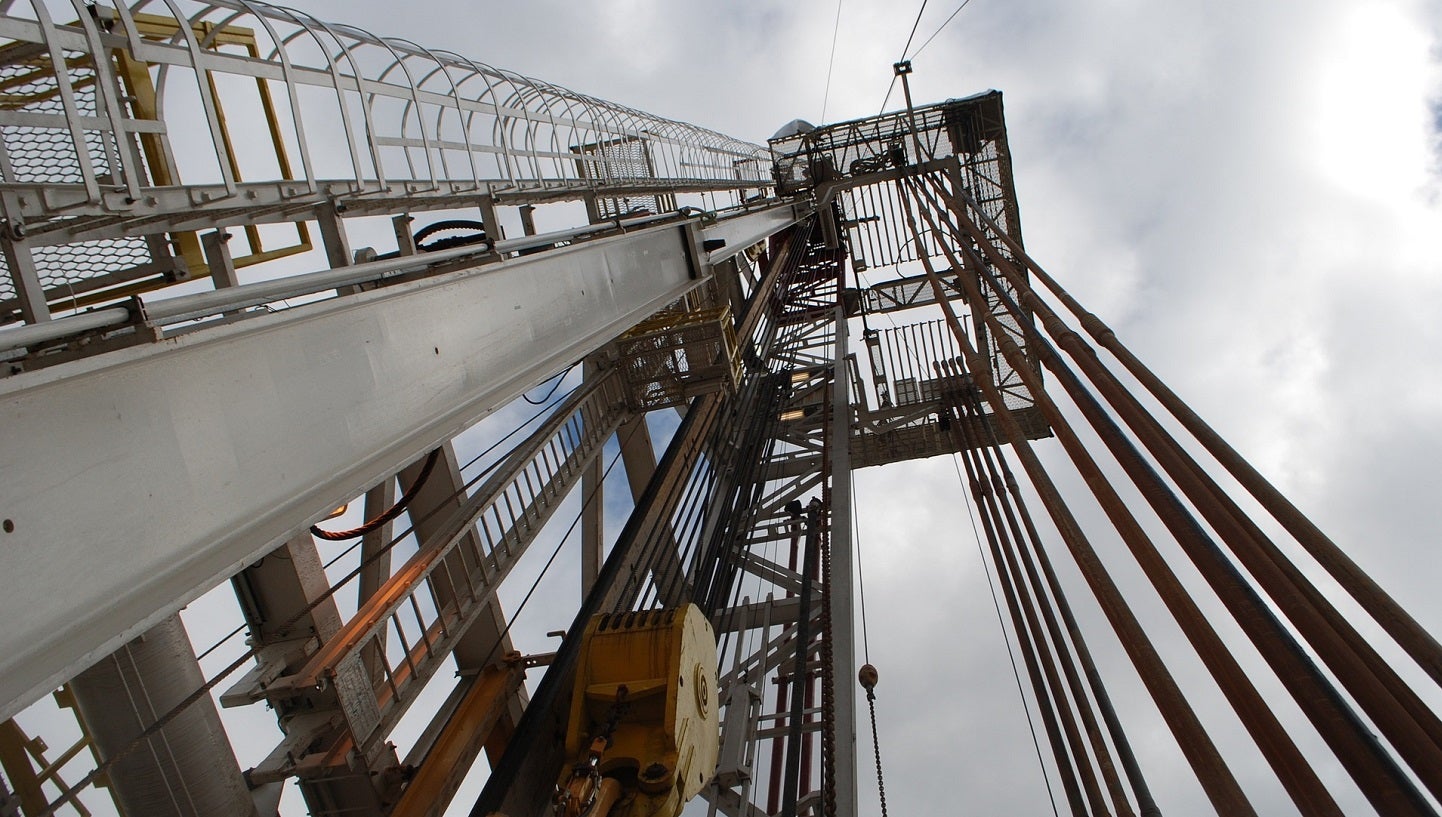
Japan-based Inpex, on behalf half of its joint venture with Shell, is seeking approval for a revised development plan for the Abadi liquefied natural gas (LNG) project in the Masela Block, Indonesia.
The revised Plan of Development (POD) for the Abadi LNG Project, incorporating a carbon capture and storage (CCS) component, has been submitted to the Indonesian government authorities.

Discover B2B Marketing That Performs
Combine business intelligence and editorial excellence to reach engaged professionals across 36 leading media platforms.
The amended plan covers plans to neutralise all CO₂ emissions from the Abadi gas field, through CCS.
The revised POD follows the Japanese company’s long-term strategy Inpex Vision @2022, which was announced in 2022, to achieve a net zero carbon society by 2050.
In a press statement, Inpex said: “As part of this initiative, the company has been in dialogue with the authorities to ensure the Project’s competitiveness and sustainability from a long-term perspective for the duration of the energy transition, and to render the Project clean and capable of responding to changes in the external environment.”
Indonesia upstream oil and gas regulator SKK Migas chairman Dwi Soetjipto was cited by Reuters as saying in a text message that the regulator is assessing the revised development plan for the Abadi LNG project.

US Tariffs are shifting - will you react or anticipate?
Don’t let policy changes catch you off guard. Stay proactive with real-time data and expert analysis.
By GlobalDataInpex expects to reach a final investment decision on the LNG project in the latter half of the 2020s and start production in the early 2030s.
The Japanese company operates the Abadi LNG project with 65% stake while Shell owns the remaining 35% stake.
The Abadi LNG project is expected to have annual production capacity of 9.5 million tonnes, equivalent to more than 10% of the Asian country’s annual LNG imports.
It is expected to contribute to enhancing energy security in Indonesia, Japan, and other Asian countries.





